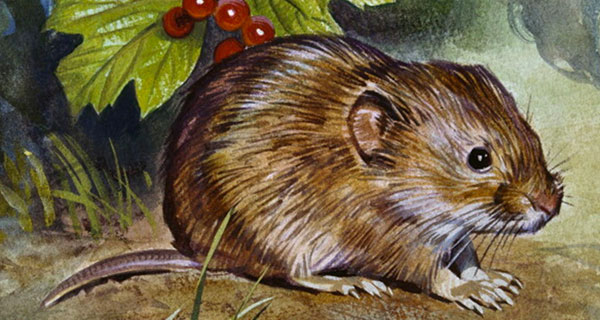For all its apparent simplicity, a new experimental study showing that mouse-like rodents can be nice to each other now stands at the vanguard of a scientific revolution. The paper, published in the journal Science and promoted under the headline, “Empathy More Common in Animals than Thought,” could never have been published in the late 20th century, said University of Michigan psychologist Stephanie Preston. Not only would it have been rejected, she said, it would have been ridiculed.
The paper would have violated a longstanding prohibition against anthropomorphism – the attribution of human motives or feelings to animals. This taboo made some sense, in that scientists risked clouding their careful observations if they projected their own feelings or motives onto animals. But in recoiling from anthropomorphism, biology cozied up to an opposing assumption – that non-human animals had no emotions, no feelings and no inner lives.


